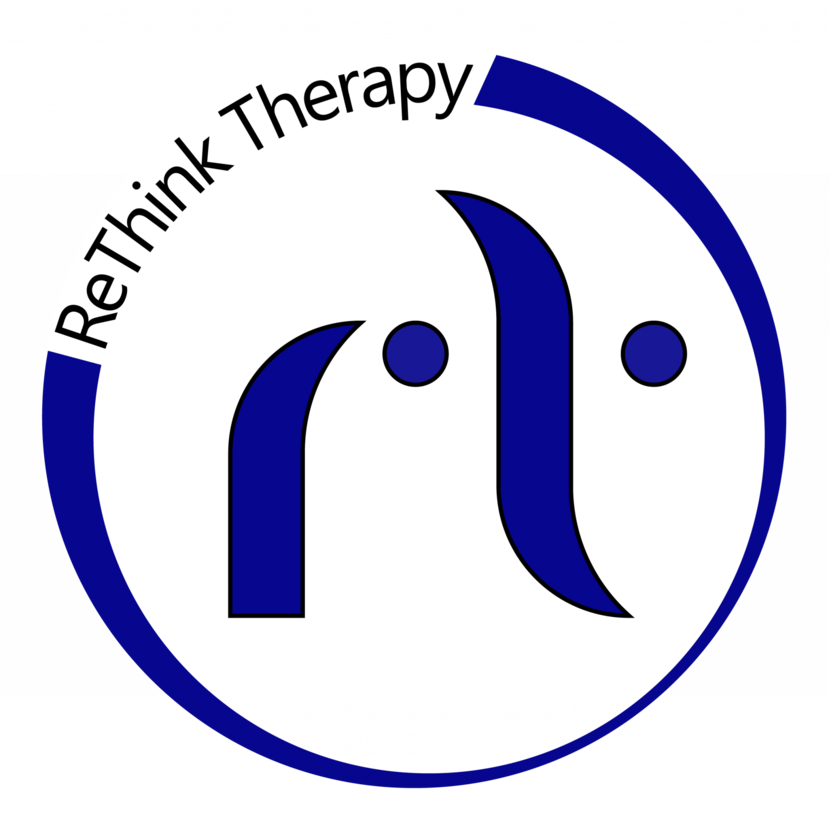The Digital Mind: Navigating the Irony of Discussing Social Media's Impact on Our Brains... on Social Media

Jennifer Gay, LMFT-S: Empowering Lives through Rethink Therapy Dallas In today's fast-paced and demanding world, maintaining mental and emotional well-being has become increasingly important. As stressors continue to mount, many individuals find solace in therapy and counseling services. Among the skilled and compassionate... more
As you read this article on your screen, scrolling through your social media feed, it's worth pondering the irony of discussing the impact of social media on our brains within the very platform that has captivated our attention. We find ourselves immersed in a digital landscape that demands our brain's engagement, shaping our thoughts, emotions, and behaviors in ways we may not fully comprehend. In this article, we dive into the fascinating connection between social media and our brains, exploring the effects, challenges, and strategies for a mindful digital existence.
We are wired to connect, to seek information, and to engage with the world around us. Social media platforms capitalize on these innate human tendencies, creating a never-ending stream of captivating content designed to capture our attention. With every like, comment, and notification, our brains light up, craving the next digital fix.
The irony lies in the fact that while we explore the impact of social media on our brains, we acknowledge the very platform where this discussion takes place. Our screens are windows into a digital realm that requires our brain's engagement, shaping our perceptions and behaviors.
1.The Dopamine Dilemma: Social media platforms trigger a release of dopamine, a neurotransmitter associated with pleasure and reward. Likes, comments, and notifications activate the reward center of our brains, leading to a sense of gratification and fueling a desire for more. This dopamine-driven feedback loop can lead to addictive behaviors and a constant need for external validation.
2. The Filter Bubble Effect: Social media algorithms are designed to personalize content based on our preferences, creating echo chambers that reinforce our existing beliefs and biases. This narrowing of perspective can limit our exposure to diverse viewpoints, affecting critical thinking and fostering polarization.
3. Fear of Missing Out (FOMO): Social media exposes us to curated glimpses of others' lives, triggering feelings of inadequacy and FOMO. We compare our real, messy lives to the highlight reels of others, leading to feelings of loneliness, envy, and diminished self-esteem. Our brains grapple with the pressure to measure up to the seemingly perfect lives presented online.
4. Cognitive Overload: Constant exposure to an overwhelming amount of information, coupled with frequent multitasking, can lead to cognitive overload. Our brains struggle to process and retain information, impacting concentration, memory, and overall cognitive functioning.
5. Mindful Digital Engagement: To navigate the digital landscape mindfully, we must establish conscious habits and boundaries. It involves recognizing the effects of social media on our brains and making intentional choices. Consider setting limits on screen time, practicing digital detoxes, and cultivating a healthy balance between online and offline activities.
6. Cultivating Digital Literacy: Developing critical thinking skills is essential to navigate the digital realm effectively. Teach yourself and your children to question the credibility of information, fact-check, and seek diverse perspectives. Encourage responsible sharing, empathy, and respectful dialogue online.
7. Meaningful Connections: Foster real-life connections and quality relationships beyond the digital sphere. Nurture face-to-face interactions, engage in activities that bring joy and fulfillment, and prioritize human connection as a vital component of overall well-being.
As you reflect on the irony of reading this article on social media, remember that awareness is the first step toward cultivating a healthier digital existence. Understanding the impact of social media on our brains empowers us to navigate this complex landscape with intention, making conscious choices that prioritize our well-being and human connection.
Social media has become an integral part of our lives, influencing our thoughts, emotions, and behaviors. By acknowledging the ironies and challenges it presents, we can strive for a mindful digital engagement that harnesses the benefits while mitigating the potential pitfalls. Let us embark on this digital journey with curiosity, mindfulness, and a commitment to shaping our digital experiences consciously, ultimately shaping our brains for a more balanced and fulfilling life.
If you find yourself struggling with managing your social media use and its impact on your life, reaching out to a qualified therapist can be a beneficial step towards finding balance and well-being. ReThink Therapy, PLLC offers trained therapists who specialize in helping individuals navigate the challenges of social media and technology use.
By seeking professional support, you can work with a therapist who can provide personalized guidance, strategies, and therapeutic interventions to help you develop a healthier relationship with social media. They can assist you in exploring underlying concerns, addressing any addictive patterns, and developing coping mechanisms to manage the effects of social media on your well-being.
To learn more about the services provided by ReThink Therapy, PLLC and to connect with one of their trained therapists, you can visit their website at www.irethinktherapy.com. Taking the step to reach out for support is an important part of prioritizing your mental health and finding a healthier balance in the digital world.









